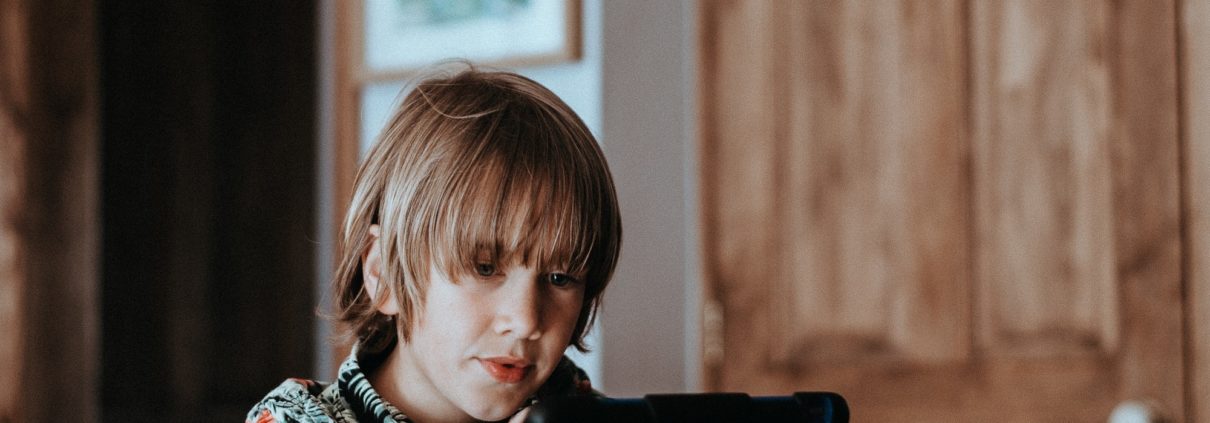When Your Child Asks: “What’s This?!”
A number of years back Rabbi Aaron Ross of Yavneh Academy in New Jersey posted the following on LookJed, a Jewish educator’s forum:
“Being an educator is a tricky business. What inspires one student can turn off another student, or perhaps can turn off the same student on a different day. We are called upon to constantly be sensitive to the characters and needs of our students and to do all that we can to ensure that they both learn something concrete and have positive Jewish experiences along the way.”
His comments summarize why I find the work of education challenging as well as stimulating: The pieces are constantly moving.
As parents and as teachers we can never rest comfortably on our laurels, sure that we have the answer of how to educate and inspire the next generation of Jews.
Education is an ongoing passion and apparently for us it always has been that way. As Rabbi Jonothan Sacks poignantly puts it:
To defend a country you need an army. But to defend a free society you need schools. You need families and an educational system in which ideals are passed on from one generation to the next, and never lost, or despaired of, or obscured. So Jews became the people whose passion was education, whose citadels were schools and whose heroes were teachers.”
Passover’s main injunction for parents is: “And you shall tell your children”. Consequently, it is a great time to reflect on the Judaism that we are currently offering our children and even more importantly – Why?
Let’s look at the verse which offers insight into the Jewish educational gestalt and see what implications it has for us.
On the eve of the Exodus Moshe (Moses) tells the Jewish nation:
“And it will be when your son asks you at some future time (machar): ‘What is this?’ you should say to him: ‘With a strong hand God took us out of Egypt from the house of slavery.”
According to the authors of the Passover Hagada this is the question of one of the four sons – the “simple” one. The biblical commentary, Rashi, intrigued by the word “machar” (some future time) offers a valuable context for the simple son’s question:
“There are 2 different types of ‘future time’ (machar); one that is immediate and one that takes place after a significant amount of time has passed – Which is its usage here.
Apparently Moshe understands that eventually a Jewish child will ask about the exodus and our traditions because enough time has passed that he is no longer sure how it is still relevant to him and his current situation.
“Minding the gap” and recognizing that our children are growing up in a world that is “tomorrow land” when compared to the time in which we developed is fundamental to thinking about how we package Jewish life for them. If we only offer them what worked for us, we may not achieve optimal results. The challenge for us all, educators and parents alike is to consider what types of learning experiences have the potential to speak to our children. With this understanding, we can then help them on their journey to discovering their answer to the question of: “What is this”?
I believe that “minding the gap” is not really about medium (technology,etc.) as much as it is about the message.
What does the Torah have to say about the issues, events and ideas that saturate the lives of our children? Have we thought deeply about how these issues can be approached from the perspective of Torah wisdom? Do we compartmentalize Judaism for them and imply that there is the big world ‘out there’ and then there is the tiny Jewish world that we call our own?
Do we challenge ourselves and them to consider and fully appreciate how the voice of Torah has always been and will continue to be a powerful voice in the conversation of what it means to be a human being?
The answers to these questions may not come easily, or at all, but I think it is essential that we ask them. We may be living in a time that often feels like “tomorrowland” but it is the only reality our children know. Let us recommit to understanding that reality so that we can invite them to write the next chapter in the world’s greatest story, the story of the Jewish people.




